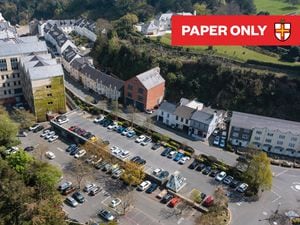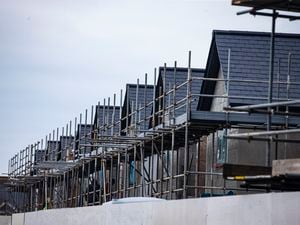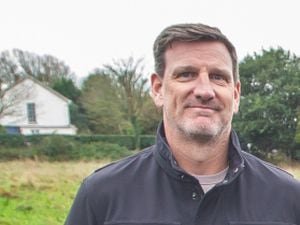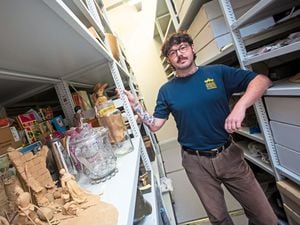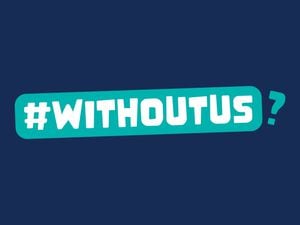‘Turning island into fortress Guernsey was not the answer’
TURNING the island into a fortress was not the answer to avoiding a second lockdown, the Civil Contingencies Authority chairman said yesterday.
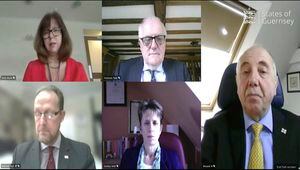
The statement came following questions on whether the Bailiwick should have added more restrictions in light of the Isle of Man’s second lockdown. This ended on Monday after a three-week-plus circuit breaker.
Deputy Peter Ferbrache was adamant nothing more could have been done.
‘I don’t think we could’ve done, it wasn’t necessary to do anything different to what was done,’ he said.
‘It was purely a case of community seeding, four cases on the Friday, and unless we were going to make Guernsey a complete fortress, with no one ever coming in or out under any circumstances, I’m not sure there’s much else we could do.’
For CCA advisor Deputy Heidi Soulsby it came down to whether their actions were ‘appropriate and proportionate’.
‘Whenever we create new regulations we have to know that’s the case,’ she said.
‘It wouldn’t have been appropriate and proportionate to have restrictions affecting people’s human rights when there’s absolutely no evidence of cases on island, it’s that we have to think about in future, do we move toward elimination and if we don’t are things going to be different.’

Director of Public Health Dr Nicola Brink added that evidence played a huge role.
‘Every time we put restrictions on the community we have to have evidence for the reasons why we are,’ she said.
‘I always go back to what evidence do we have to say people who go to a restaurant need to social-distance when we had no evidence of the virus in the community.
'It is that informed approach that also enabled us to detect those four cases.
'As we move out of lockdown, I think we need to model that very carefully, it won’t be a going back to where we were, it will be a phased release.’
Restrictions were lifted in the IoM after it recorded 20 days without an unexplained community case. Healthcare services have returned to normal, all schools have reopened, and all shops and pubs have been allowed to welcome customers again.
Manx Chief Minister Howard Quayle said the ending of Covid-19 restrictions was ‘a moment for relief and celebration’.
The border remains closed to non-residents except for key workers and those with a compassionate exemption. There have been a total of 434 cases of coronavirus on the Isle of Man, 15 of which remain active.

